Image by L.E. Wilson from RedBubble
The most important decision you make is to be in a good mood.
― Voltaire
The whole point of the film, the whole emotion that I am trying to get at the end of this film, is for you to be real uplifted, emotionally and spiritually, and feel absolutely good about life. That is the greatest thing that we could possibly ever do.
If you could live 1,000 lives, what would you learn? What would you be able to find out and apply to your life that would help you now?
Do you want to know a secret? Good movies let you delve into the lives of others and learn from their experiences. Well-made documentaries can give you a glimpse into another world, another life. They allow you to appreciate and to feel someone else’s perspectives, triumphs, and struggles. But you know what, well-crafted fictional movies can also do the same.
If you listen carefully, if you pay attention and pick the movies that were deliberately and carefully crafted, you will discover that they are beacons sending you a message. These messages, or life lessons, are guides to life. Like a magic mirror, they show you a glimpse of a life you could have. And when the movie ends and the spell is broken, you are left with an understanding about the world, about life, about yourself—that you did not have before.
Can you see what an amazing gift a finely made thoughtful movie can be?
But we can go further. What if you have catalogued the life lessons of hundreds of films and combed through these looking for the ultimate message, the answer to the question: what is the meaning of life?
The solution starts with a line from the movie Grand Canyon (1991):
All of life’s riddles are answered in the movies.
It is said when one character, Davis (Steve Martin), attempts to help his friend, Mack (Kevin Kline), understand a problem better by recommending that he see the movie, Sullivan’s Travels (1941), which is about a very successful and wealthy movie director who goes out into the world to experience it for himself so that he can make a poignant, significant movie. John Sullivan has a horrific experience when he goes on his travels to find what life is like outside his bubble, a real life-shattering event, but what does he learn?
He realizes that the most valuable gift one can give another is laughter. He had set out to make a great tragedy that would make the world weep and humanity sob, but after facing the horrors of life, he finally embraces what is a higher calling, to make a comedy. Why? Because he’s too happy to make a tragedy, and because he hasn’t suffered enough to make one either.
In this paradox is a revelation: focusing on tragedy will make you miserable, and no matter what horror you have experienced, focusing on tragedy will only increase that horror.
So then, what are you doing following the news and making yourself sad at every instance of cruelty, scapegoating, deceit, violence and suffering that is intentionally amplified by the media? If the apocalypse comes and you are not aware of it, are you really worse off?
Clearly there is a path towards finding peace and joy that goes in the opposite direction of a focus on tragedy. Life is fun in the comedy lane. And quite a few of these comedies reveal some deep secrets about life that can help you now:
Sullivan’s Travels (1941) is a comedy written and directed by Preston Sturges about John L. Sullivan (Joel McCrea), a successful Hollywood director who sets out on a journey to experience poverty firsthand with the help of an actress (Veronica Lake).
Life Lesson:
“We don’t laugh because we’re happy, we are happy because we laugh.”
— William James
This movie is a comedy. It is very funny at times, and quite delightful. But it is not only a comedy. A good portion of Sullivan’s Travels is an earnest and frightening drama. In this way, the movie mirrors what most people experience if they live a long life: A tranquil, sometimes quiet existence with some fun and games, punctuated with the occasional gut punch and devastation. But what can one do? Sullivan has an answer: “There’s a lot to be said for making people laugh.”
Laughter is a balm, a medicine in distressing times, and a nutrient that nourishes all the time. It is an act of kindness to give this healing gift to people who are hurting.
🍿Movie Scene Link (movie quote)
Singin’ in the Rain (1952) is a comedy co-directed by Stanley Donen and Gene Kelly about Don Lockwood (Gene Kelly), a Hollywood superstar who falls in love with a dancer, Kathy Delden (Debbie Reynolds), which he tries to hide from his jealous onscreen partner Lina Lamont (Jean Hagen).
Life Lesson:
Make the best of every situation.
What a delightful comedy Singin’ in the Rain is! It’s one of those movies that can accurately be called a “spectacle.” It’s a dazzling, amazing, fun movie that will astound you. It has fun songs, fun dance numbers, fun costumes and a fun story. And all the while Singin’ in the Rain is telling you how to find joy, and how to have fun no matter the obstacles.
It’s in the title. Lighten your load. Say “Good Morning,” and mean it. And make them—and yourself—laugh.
🍿Movie Scene Link (movie quote)
High Anxiety (1977) is a comedy co-written and directed by Mel Brooks about Dr. Richard H. Thorndyke (Mel Brooks), a successful psychiatrist who also suffers from a debilitating fear of heights, which is made worse when he starts to work at the Psycho-Neurotic Institute for the Very VERY Nervous alongside Dr. Charles Montague (Harvey Korman) and Nurse Diesel (Cloris Leachman).
Life Lesson:
Figure out what you really are afraid of.
THE funniest scripted movie scene is in High Anxiety, a silly, lighthearted film that has the ability to make you feel like a child without a care in the world. What could be better if you do, in fact, feel anxious or depressed sometimes? And the message in the film, which is to really understand what your fear is stemming from, can in fact be therapeutic.
Learning to distinguish between an actual danger and a perceived threat allows us to better react to the world and to each other, thus increasing the number of positive interactions and experiences. This, believe it or not, is a recipe for world peace!
🍿Movie Scene Link (movie quote)
Planes, Trains and Automobiles (1987) is a comedy written and directed by John Hughes about two very different men, uptight executive Neal Page (Steve Martin) and jovial salesman Del Griffith (John Candy), who embark on an accident-prone Thanksgiving journey together.
Life Lesson:
“Don’t sweat the small stuff …and it’s all small stuff.”
— Richard Carlson
Although it is not immediately obvious, Planes, Trains and Automobiles is a movie about learning to have compassion for others. One curious aspect about life is the fact that other people can at times be annoying, irritating, frustrating—even people you like and love—but at the same time other people are also the source of much of our happiness. We have to learn to get along with each other in order to get to the point where we can make each other happy. Life affords us the opportunity to learn how to get past superficial quirks in order to get to know and love the complex beings underneath crusty exteriors.
If you can tolerate some minor inconveniences, or disagreements, you can meet more interesting, warm people, who will enrich your life. Isn’t this better than harboring hostility towards others simply because they are not on the surface similar to you?
🍿Movie Scene Link (movie quote)
Play it Again, Sam (1972) is a comedy directed by Herbert Ross about Allan Felix (Woody Allen), a recently divorced film critic who looks for guidance from Humphrey Bogart, the actor who plays the hero in the movie Casablanca.
Life Lesson:
“But above all, in order to be, never try to seem.”
― Albert Camus
Play it Again, Sam is a movie that references another movie, the classic Casablanca. In fact, the title is from a phrase used in a very touching scene, where one character asks to hear the song “As Time Goes By” in remembrance of an old romance. But the movie, Play it Again, Sam, is an imaginative, unique comedy where the actor, Humphrey Bogart, who plays tough no-nonsense leading-man roles in movies like Casablanca, serves as a life guide to Allan, a neurotic, awkward, desperate man who, unsurprisingly, has great difficulties with romantic relationships.
This is a fun movie with an important message: be yourself. There is absolutely nothing to gain by being phony or pretending to be someone else. And, yes, that means some people won’t like you, but if by some miracle someone does, then you’ve made a real rewarding connection with another person. And that’s what really matters in this life.
🍿Movie Scene Link (movie quote)
The Great Dictator (1940) is a comedy written and directed by Charlie Chaplin about a humble Jewish barber who is mistaken for Adenoid Hynkel (Charlie Chaplin), the cruel, anti-Semitic, and inept dictator of a small country.
Life Lesson:
“To be free is not merely to cast off one’s chains, but to live in a way that respects and enhances the freedom of others.”
—Nelson Mandela
Charlie Chaplin is a master of comedy and The Great Dictator is hilarious. There is a food fight scene between the leaders of two warring countries, a dramatic barber scene set to the music of Johannes Brahms’ “Hungarian Dance No.5” that animated cartoons would later emulate, and an absurd airplane scene where the pilot flies upside down and nobody knows it. It’s truly a must-see movie.
But, like Sullivan’s Travels, there is also a poignancy and an urgency in the message it is trying to convey. It’s a variation of the Life Lesson in Planes, Trains and Automobiles. Please, learn to get along with others. Please let other people live their lives free of oppression, of force, of cruelty. As the barber played by Charlie Chaplin says:
You the people have the power – the power to create machines, the power to create happiness! You the people have the power to make this life free and beautiful, to make this life a wonderful adventure.
🍿Movie Scene Link (movie quote)
Tootsie (1982) is a comedy directed by Sydney Pollack about Michael Dorsey / Dorothy Michaels (Dustin Hoffman), a temperamental, struggling actor who decides to impersonate a woman in order to get a part on a soap opera, then learns firsthand what it is like to be treated like a woman, all while falling in love with a co-star, Julie (Jessica Lange).
Life Lesson:
You’ll have more empathy for others if you put yourself in their shoes.
The word “tootsie” means sweetheart or darling, but in the movie it is used to denote how some people see women as interchangeable, without individual identities, such that it’s not necessary to learn their names and it’s therefore acceptable to call any woman “tootsie.”
The movie Tootsie has a message for such people: There are too many interesting women you have not allowed yourself to know in this life because of preconceived notions about who is valuable and who is not. If you can put yourself in someone else's shoes, a miracle happens. The world becomes more beautiful and kinder.
🍿Movie Scene Link (movie quote)
The sun shines after every storm; there's a solution for every problem,
and the soul's highest duty is to be of good cheer.
1,000 lives. What would you learn?
Is it the Life Lesson from the documentary, The Last Laugh (2016):
“A person without a sense of humor is like a wagon without springs –
jolted by every pebble in the road.” — Henry Ward Beecher
Is it the Life Lesson from the movie Groundhog Day (1993):
“Take joy in the simple pleasures of life: books, music, learning, being kind to others.”
Perhaps it is both. Perhaps there is some wisdom to be found in watching movies that echoes the ancient belief of reincarnation—a surprisingly universal concept found in many religions and philosophies—that we are here on this Earth to learn something important which will help us reach a higher level of awareness and harmony. An idea that could be summarized thusly: “the beatings will continue until morale improves.”
But even if you are not a believer, wouldn’t you be interested in finding something that would help you attain peace within yourself and with the world? Wouldn’t it be useful to learn to let go of minor irritants, of deep-seated anger, and embrace the challenge of seeking laughter and joy in spite of tragedy, to reach the level that novelist Heinrich Mann alludes to in his statement: “Whoever has cried enough, laughs,” and filmmaker David Lynch claims, “They tell me that there's this all pervading happiness underneath everything, and the more time I spend with them, the more I believe it.”
So you want an answer to the big question: what is the meaning of life? Then, we have to go back to where we started, the movie Grand Canyon and the Life Lesson it shares:
Don’t get distracted from your life’s purpose.
If it is within your abilities to make others laugh, then this is what you must do. There are some people out there who are under such repression and hardship that laughter, truly, is the only thing they have. But if you are not gifted in this department, then your mission is to learn to laugh a little.
Laughter heals all wounds. If you can laugh, then you can make yourself and others feel better, which can help in solving any problem.
This is how we make the world better for all.
The meaning of life is to find your gift. The purpose of life is to give it away.
Visit the moviewise catalogue—a searchable database of one sentence movie summaries, movie quotes, and movie wisdom—for movie recommendations.
Also visit the moviewise store. Get a t-shirt, bag, or pillow with your favorite #LifeLesson from a movie. Reply to this or leave a comment below to make a request.





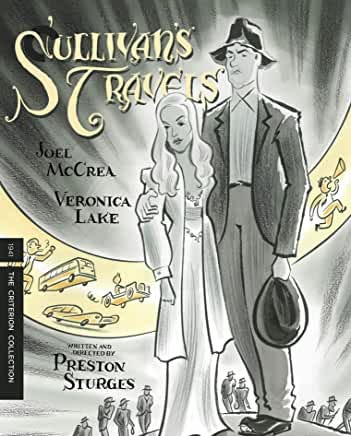
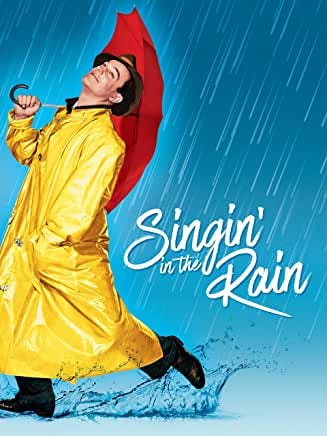
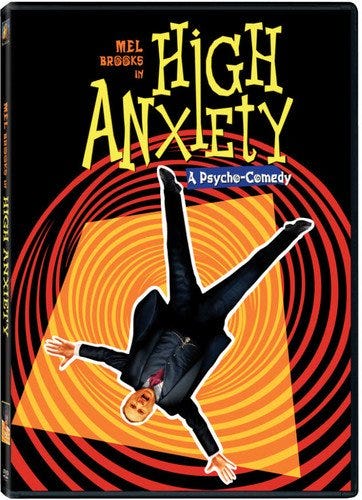
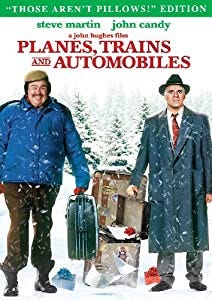
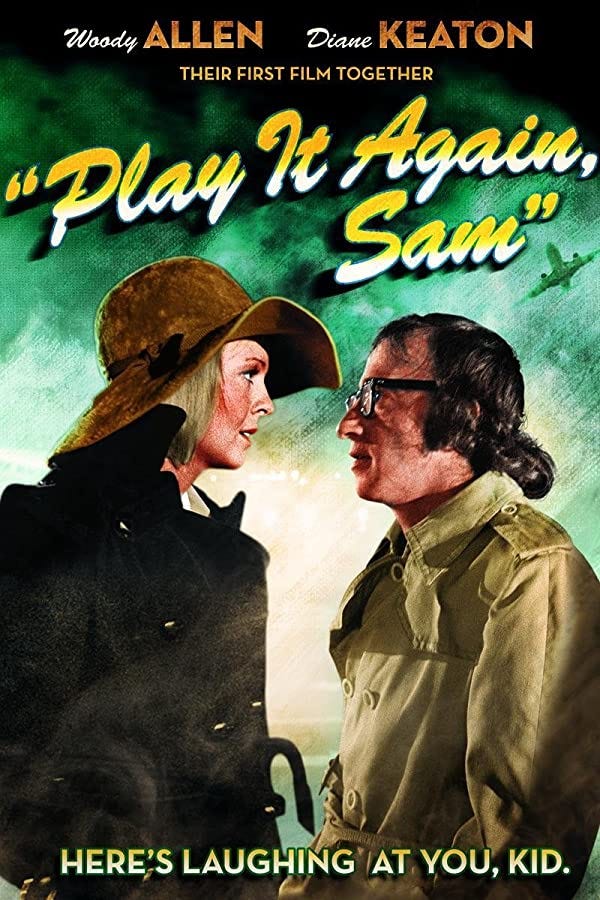

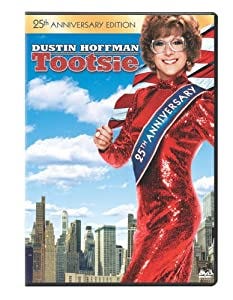
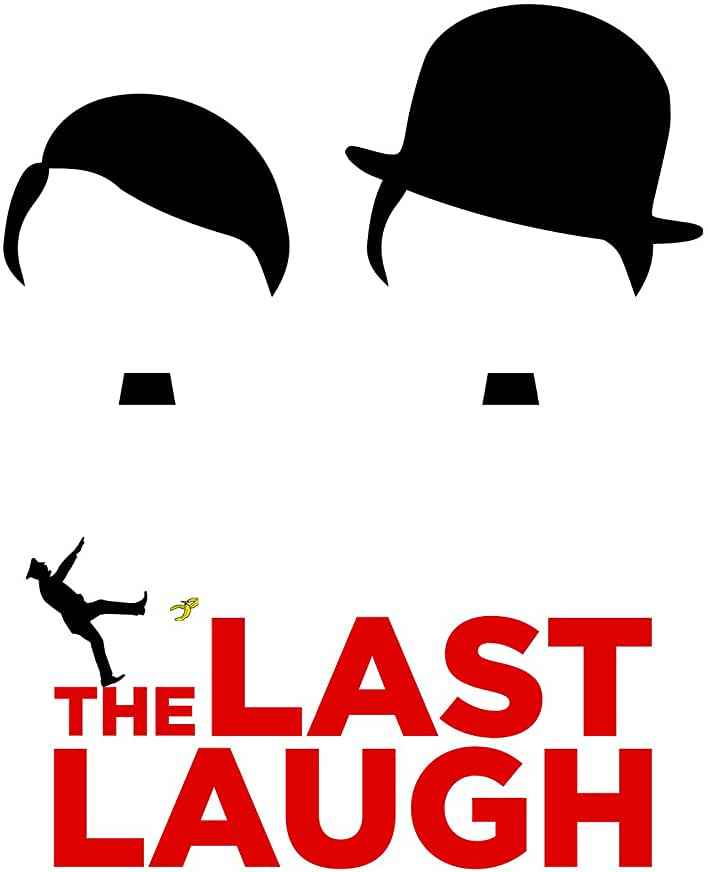
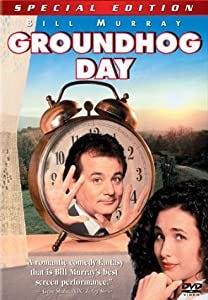




Love your post! Laughter truly is the best medicine. Did you know that kindergarteners laugh 300+ times/day....adults, just 17 times. (https://kindnessmagnet.substack.com/p/bested-kindergarteners) We've got some work ahead of us! I bet we could increase our laugh quotient by watching some of the movies you mentioned! I'm also a fan of 'Bridesmaids' (2011).
Wonderful article.
Wonderful platform.
I am impressed with all I read and see.
🎥❤️🎬👏👏👏